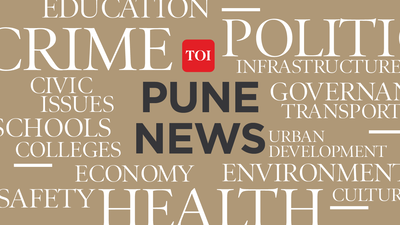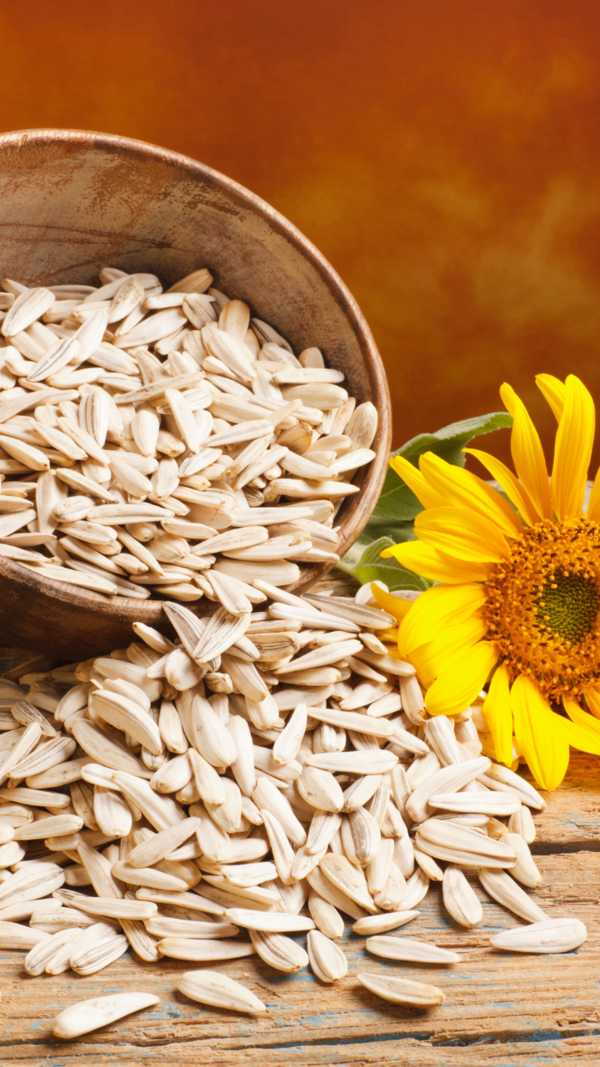Trending
India’s first homegrown CAR T-Cell therapy shows 73% success rate against cancer
Pune: For patients battling aggressive blood cancers like B-cell lymphoma or acute lymphoblastic leukemia, treatment options are often very limited, especially when the cancer relapses or becomes resistant to existing therapies. But a new breakthrough in India is offering fresh hope.
A phase 1/2 clinical trial across six leading cancer centres in the country tested talicabtagene autoleucel, an advanced CAR T-cell therapy, on patients with relapsed or treatment-resistant B-cell malignancies. The therapy, which reprogrammes a patient's own immune cells in a lab to better target and destroy cancer, has shown promising results. The findings were recently published in The Lancet Haemotology on March 13 this year.
"The trial enrolled 64 patients aged 15 to 57, all of whom had exhausted conventional treatments. Among the 51 patients closely monitored, 73% showed a positive response, with their cancer either shrinking or going into remission," said Dr. Hasmukh Jain, the study's lead researcher.
While the treatment comes with risks — including infections and reduced blood cell counts — researchers stressed that the safety profile remains manageable. However, two patients succumbed to treatment-related complications.
By contrast, talicabtagene autoleucel has been developed specifically for India at a fraction of the cost—around Rs 25 lakh (USD 30,000)—bringing hope to patients who previously had no viable treatment options.
"As per our observations, the overall cure rate is found to be better for patients with acute lymphoblastic leukemia than patients with B-cell lymphoma. More careful selection of patients can further increase the cure rate. This study (trial) is a crucial step toward making cutting-edge cancer treatments accessible," said Deenanath Mangeshkar Hospital's chief haematologist Dr Sameer Melinkeri. DMH was one of the key trial sites in India.
Despite the encouraging results, researchers caution that long-term studies are needed to assess the therapy's full impact.
"Side effects like cytokine release syndrome (CRS) were observed in 68% of patients, though severe cases were less common. Notably, unlike other CAR T-cell therapies, this trial reported no cases of immune effector cell-associated neurotoxicity syndrome (ICANS), a serious neurological complication," said Dr Rahul Purwar, another key researcher involved in the study.
Dr Marco Ruella, a world-renowned researcher specializing in CAR T-cell therapies, in his one-page commentary on the findings of the Indian trials, notes that due to the lack of direct comparisons and a small patient pool, it is challenging to evaluate talicabtagene autoleucel against other approved CD19 CAR T-cell therapies.
"However, findings from a phase 1/2 study and real-world data suggest that its clinical response rates are comparable to those of existing anti-CD19 therapies," he said. Dr Ruella is the author of numerous peer-reviewed publications on targeted immunotherapies for blood cancers and is an inventor in several patents.
Anti-CD19 therapies are a class of treatments designed to target CD19, a protein found on the surface of B cells, including cancerous B cells in conditions like B-cell leukemia and lymphoma.
These therapies recognize and attack CD19-positive cells, making them effective in treating B-cell malignancies.
End of Article
FOLLOW US ON SOCIAL MEDIA









